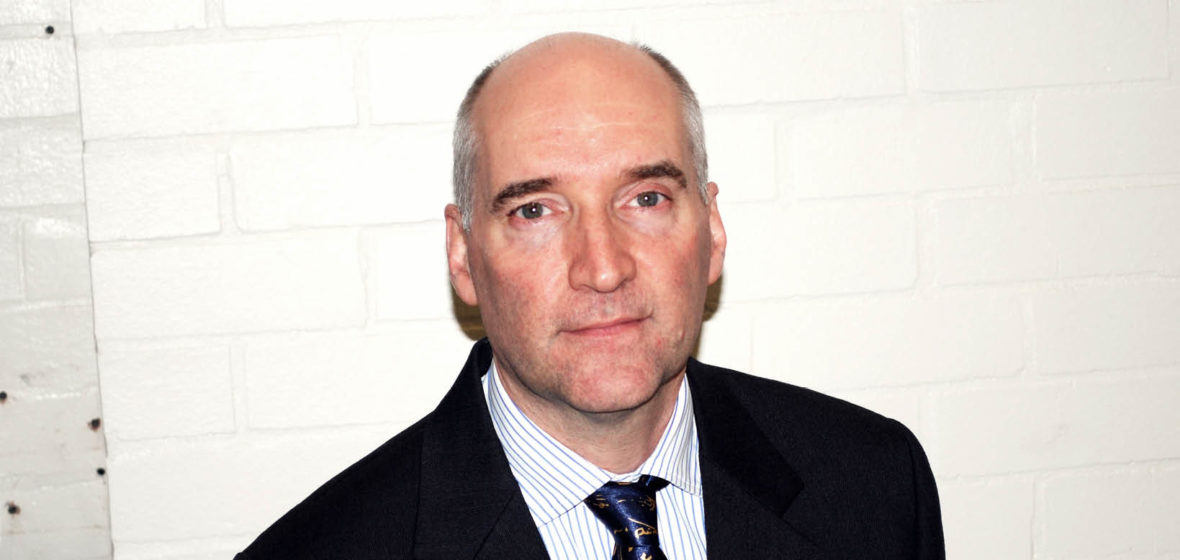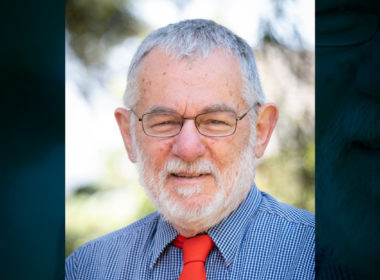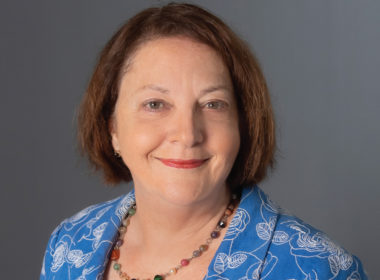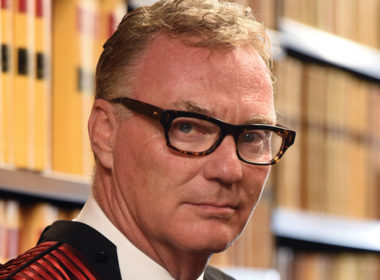After 23 years working as a scientist for the likes of the CSIRO and the Commonwealth Department of Industry, Richard Brittain made the move to law. Now he runs his own legal practice and consultancy in Sydney specialising in legal metrology and intellectual property law. He share today why he is passionate about improving access to justice.
Why did you make the switch from science to law?
I always had an interest in law, but my career took me in the science direction. Later on, it came to the point of me deciding if I wanted to carry on doing more of the same or take up an opportunity to do something different. Like so many projects, not realising how hard it would be at the end of the day. But I don’t regret it because it has been a fascinating journey.
Do you have any advice for young aspiring lawyers or people wanting to change careers to law later in life?
I would always encourage people to follow their dreams, but the main thing is to have the staying power to do it. Rome wasn’t built in one day, and it’s very much the same with re-training, or moving from one career to another. You have to keep the faith for long enough to actually make the transition. Most people find that practising law, practising medicine or working as a scientist are very different from their perception of those careers when they’re training. Try and involve yourself in the law as an observer. It’s not so easy now with COVID-19 restrictions in the Courts but try and watch the law in action as part of your training or perhaps even before you make the final commitment to the transition.
What commonalities can you draw between science and law?
There are some parallels, even though they appear very different. Both science and law are about the application of rules to facts. The difference though, is that law and science are disparate cultures. My main input and what I think differentiates me as a lawyer, is I can make that interface between science and law. When people talk about statistics and data, I’m immediately thinking about how I can get those things into evidence. That’s my speciality.
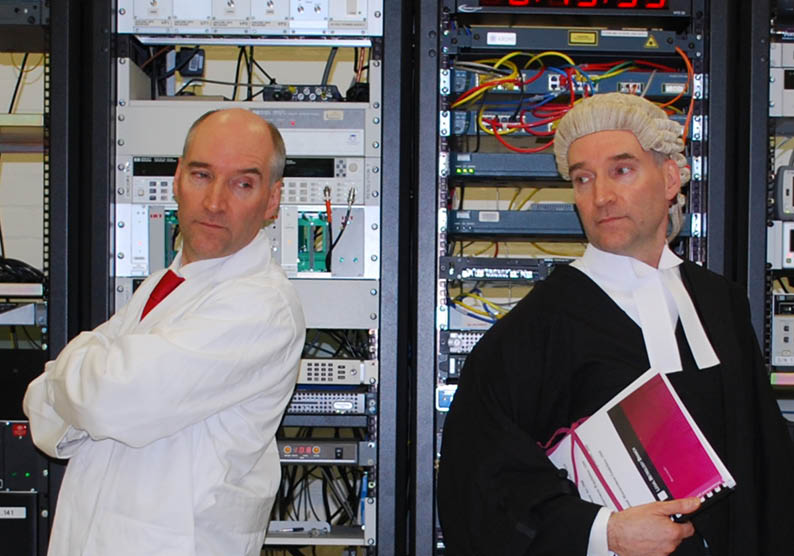
You also work as a duty solicitor at the Downing Centre and volunteer at various community legal centres. What do you enjoy most about those roles?
My greatest passion is ensuring people get access to justice. That’s what drives me and helping people who are outside the law get an interaction with the legal process that will ultimately decide their fate. I have seen up to 18 people in one day as a duty solicitor. You must think on your feet, be very quick to understand the issues (both the facts and the law) and make some sort of submission that is going to represent the interests of any client.
What do you do in your spare time?
My great hobby is reading literature, I also like good theatre, films and music. Pop music from my era which is from the 60s to the 90s, classical music and some opera. Some people use meditation or like to surf, but I find my hobbies a great way of regrouping, refocusing and collecting my thoughts ready to come fresh to the next day, the next client or the next opportunity or challenge.

